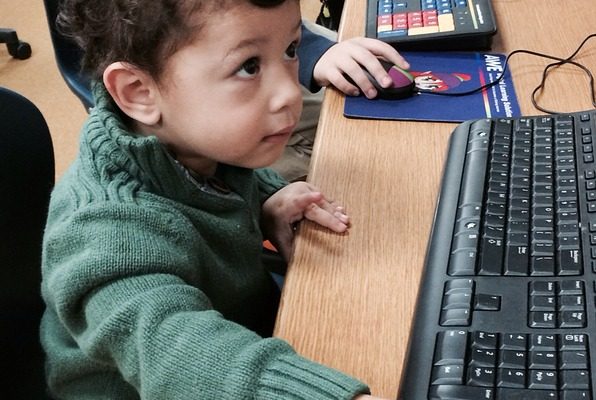Is Personalized Learning the Future of Education?

A professional opinion, in any field, is still simply an opinion. Well researched, backed with experience, studies, and insight, but in the end, it is an opinion. Educational professionals have differing opinions about the definition and merit of personalized learning and therefore the role it will play in the future of education.
Personalized learning is a goal for all educators, past, present and future. Providing personalized learning experiences which allow all students equal access to quality education according to their needs and interests is an ideal all educators embrace. The question, how? Will there be systems available to offer highly personalized education in the future? Let’s take a look at what the experts are saying.
What is Personalized Learning and Does it Work?
The K-12 website, sponsored by the Bill and Melinda Gates Foundation, has a very hopeful opinion about personalized learning. The Gates Foundation has invested a vast amount of resources into developing personalized learning and making it available to students in the public school system. According to K-12:
“This growing movement is focused on changing the learning environment so students can take more ownership of their learning and teachers can work with them to discover their passions and interests. Gates Foundation, K-12 Website“
In 2015, Pane and his RAND colleagues completed the most comprehensive study of personalized learning to date. The Gates/RAND Studies are the most cited research by those supporting personalized learning. A summary of the findings includes this statement:
“The achievement findings indicate that compared to peers, students in schools using personalized learning practices are making greater progress over the course of two school years and that those students who started out behind are catching up to perform at or above national averages (Pane 2015).”
In the January 9, 2017, edition of Education Week, the RAND findings were brought into question. Pointing out the fact that the study was funded by the Gates Foundation, a leader in the development of personalized learning tools, Education Week cautions their readers against putting too much faith in the RAND findings.
Education Week warns readers that at best the results are limited and should be considered inconclusive. The study, according to Ed. Week, merely showed that the type of schools studied, high-functioning charter schools, were successful with the variety of instructional techniques used. The schools in the study were not limited to use of personalized learning tools. Some of their education practices are regularly used in traditional classrooms.
Conclusion: Be Wise
Recognizing that the philosophy of personalized education does not differ much from that which the best teachers already embrace, beware of any tool that looks too good to be true. You will have to research the tools available in light of your situation and resources.






